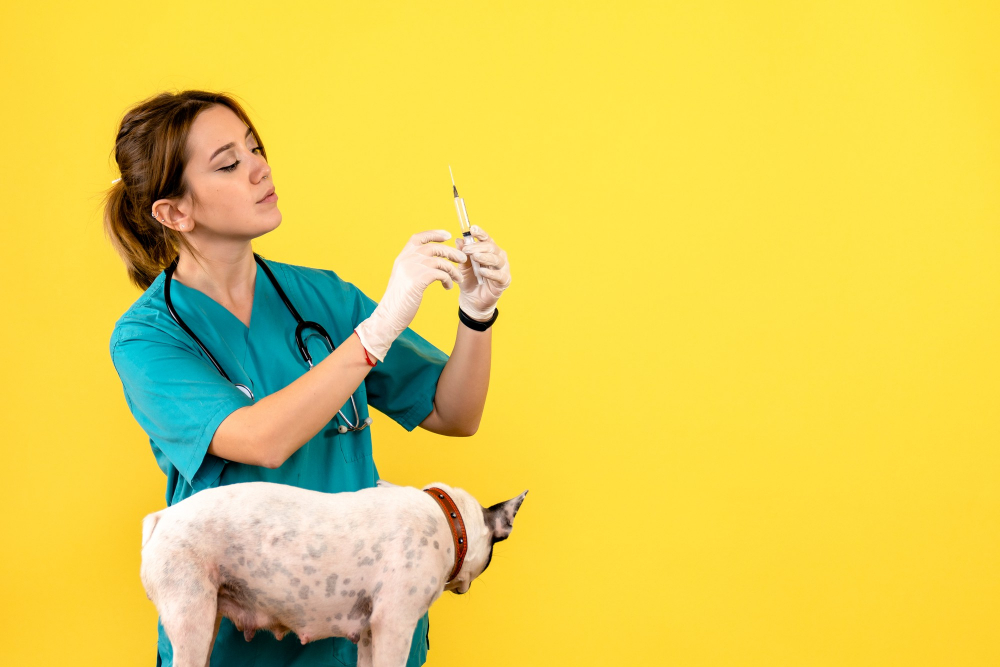India’s veterinary healthcare sector has taken a big step forward. Leading veterinary vaccine manufacturers have come together to form the Veterinary Vaccine India Manufacturers Association (VVIMA).
The main goal of this association is to act as a unified voice for the veterinary vaccine industry. It will collaborate with policymakers, regulators, and stakeholders to improve innovation, strengthen manufacturing quality, and help India become a global hub for animal vaccines.
What is VVIMA and Why It Matters
VVIMA is designed to help the veterinary vaccine industry grow and compete globally. The association will focus on:
-
Supporting research and development of new vaccines.
-
Ensuring high-quality manufacturing standards.
-
Promoting India’s position in the global vaccine market.
-
Improving animal health, which contributes to food safety and livestock productivity.
By creating a strong platform for communication and collaboration, VVIMA will help the industry address challenges, adopt new technologies, and grow sustainably.
Leadership of VVIMA
The association is led by experienced professionals from the veterinary vaccine sector:
-
Rajiv Gandhi has been appointed as the President of VVIMA.
-
K Anand Kumar serves as the Vice President.
Their leadership aims to guide the industry toward innovation, efficiency, and international recognition.
Market Potential of Veterinary Vaccines in India
India’s veterinary vaccine market is estimated at ₹2,000 crore, while the global market is valued at over ₹1 lakh crore.
With growing livestock farming, rising food safety concerns, and increasing demand for animal health solutions, the industry has huge growth potential. VVIMA will help companies expand their reach, maintain high standards, and become globally competitive.
How VVIMA Supports the Industry
VVIMA will provide several benefits to the veterinary vaccine sector:
-
Policy Collaboration: Working with the government to create a favorable ecosystem for the industry.
-
Innovation Support: Encouraging research and new vaccine development.
-
Quality Assurance: Promoting manufacturing practices that meet global standards.
-
Market Expansion: Helping Indian manufacturers grow and compete internationally.
This collaborative approach will allow India to strengthen its position in the global veterinary vaccine market.
Lessons from the Pharma Sector
The veterinary vaccine industry can learn from other successful pharma practices. For example, the monopoly medicine company in India model shows how exclusive rights and structured distribution can improve business growth. Similarly, veterinary vaccine manufacturers can benefit from clear market strategies and regulatory support.
Working with a pharma contract manufacturing company also helps in producing vaccines efficiently while maintaining high quality. This ensures consistent supply, reduces costs, and allows manufacturers to focus on research and development.
Future Outlook
With India’s livestock sector expanding and global demand for animal vaccines increasing, the veterinary vaccine market is expected to grow steadily. VVIMA’s role in shaping policies, promoting innovation, and supporting quality manufacturing will be crucial for long-term success.
The association also provides a platform for industry stakeholders to work together, share knowledge, and collectively overcome challenges. This approach can help India become a global leader in veterinary vaccine production.
Conclusion
The formation of the Veterinary Vaccine India Manufacturers Association (VVIMA) is a major milestone for India’s veterinary healthcare industry. By uniting manufacturers and working closely with policymakers, the association is set to strengthen the industry’s innovation, quality, and global competitiveness.
With the right support, India’s veterinary vaccine sector can grow rapidly, benefiting farmers, livestock, and the global market. By following best practices seen in human pharma, such as monopoly rights and contract manufacturing, the industry is well-positioned for sustainable success.

